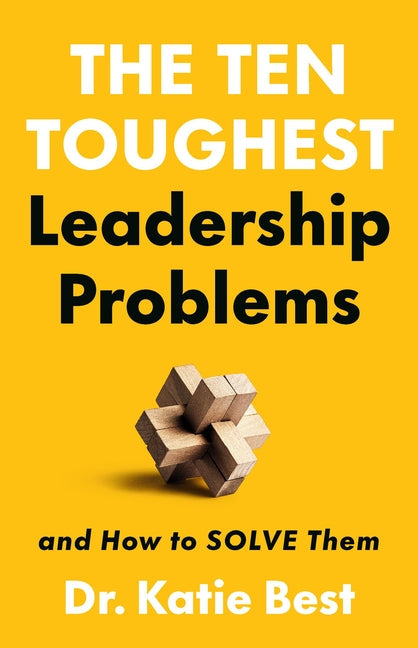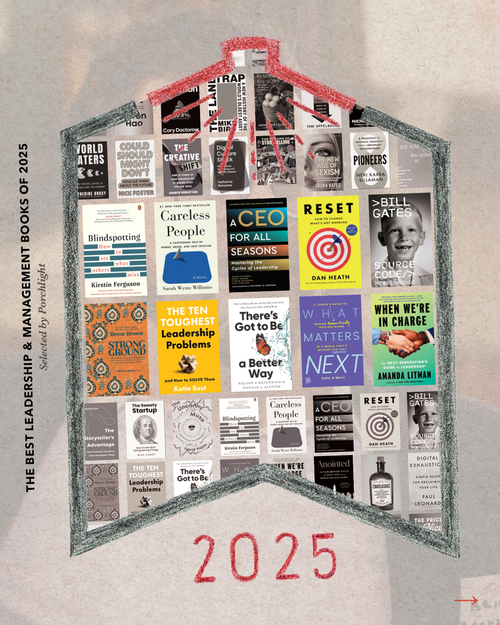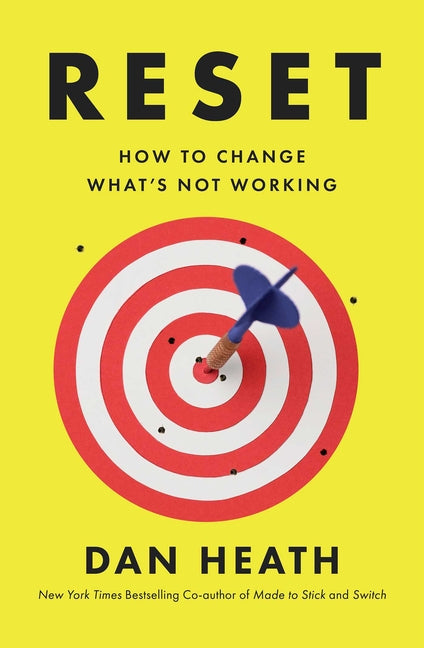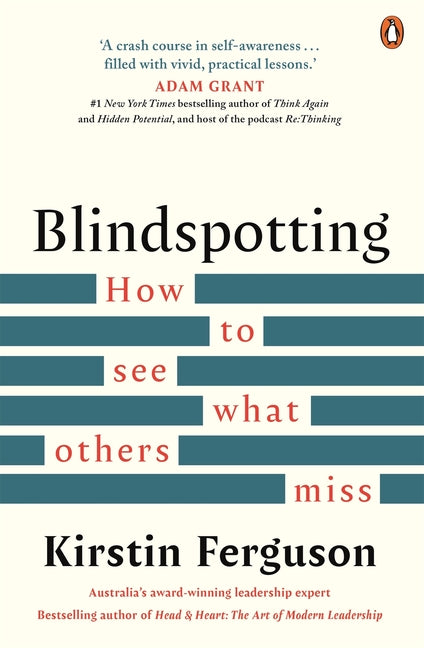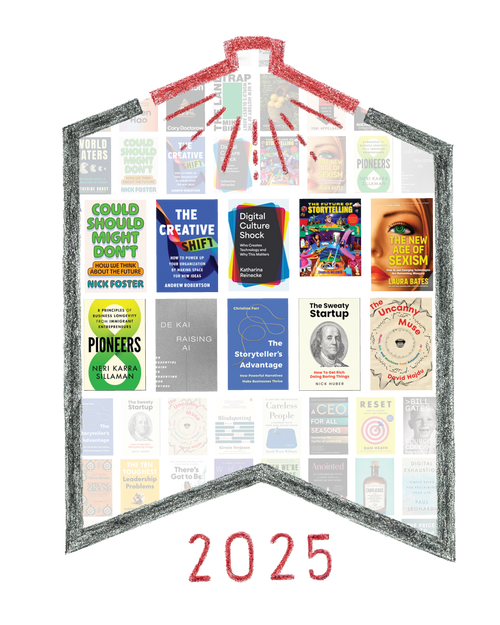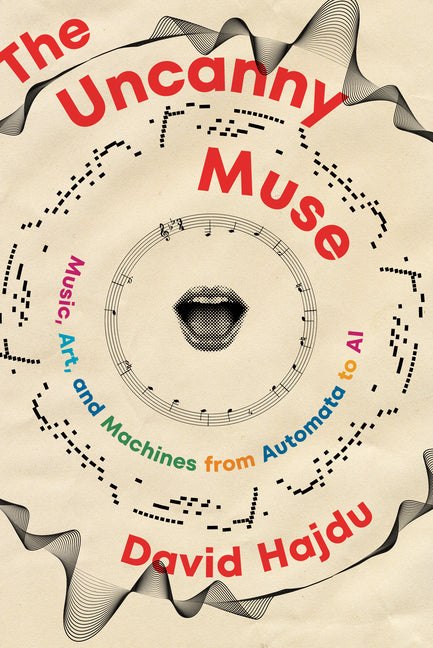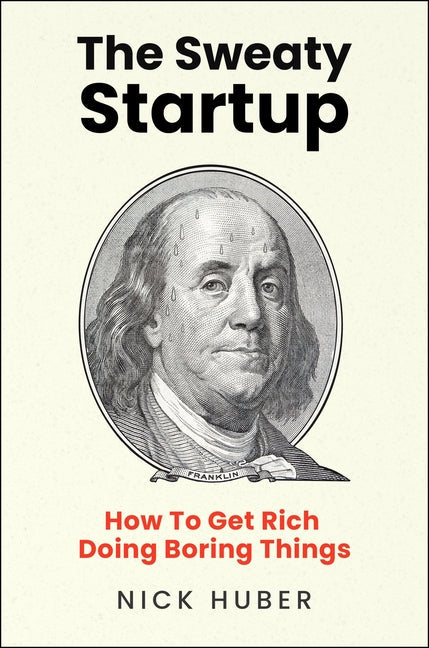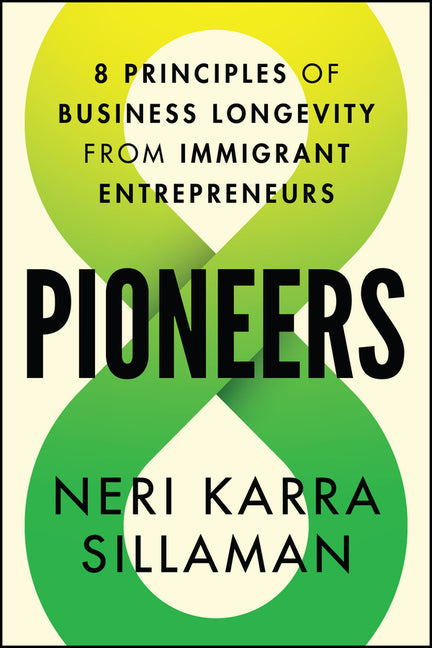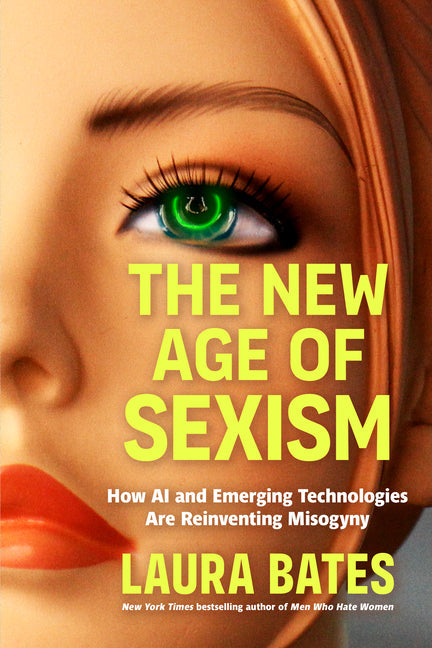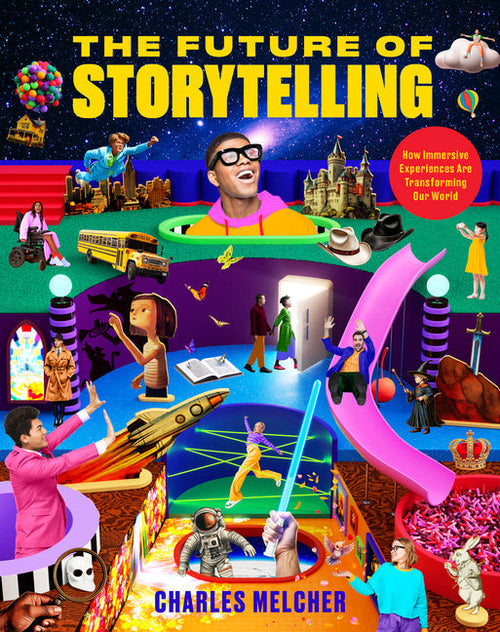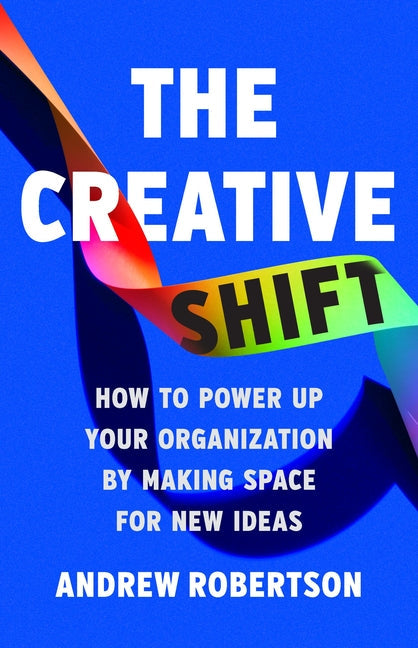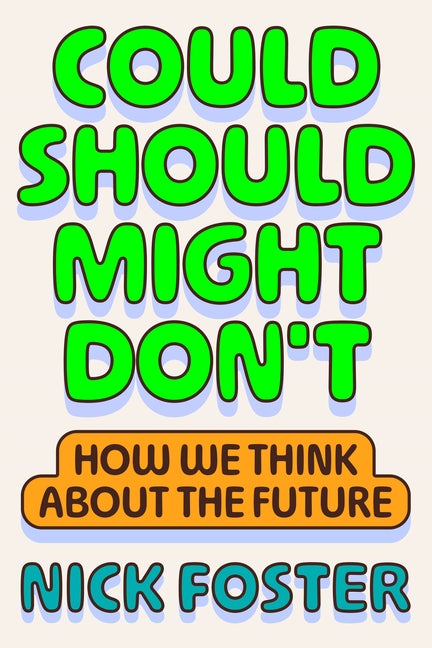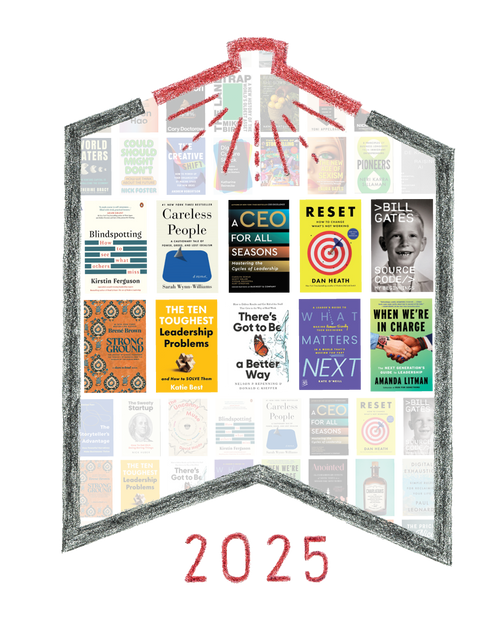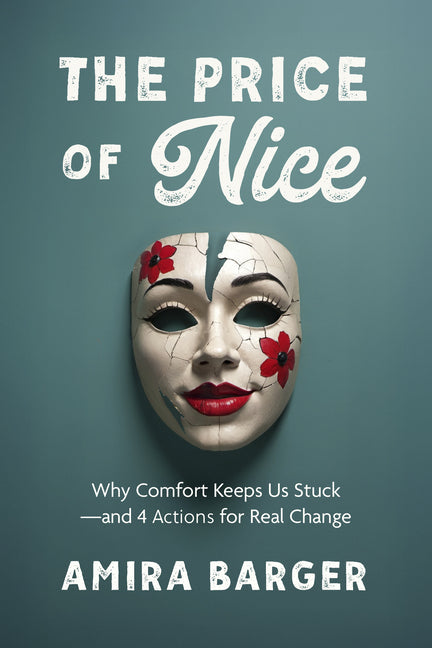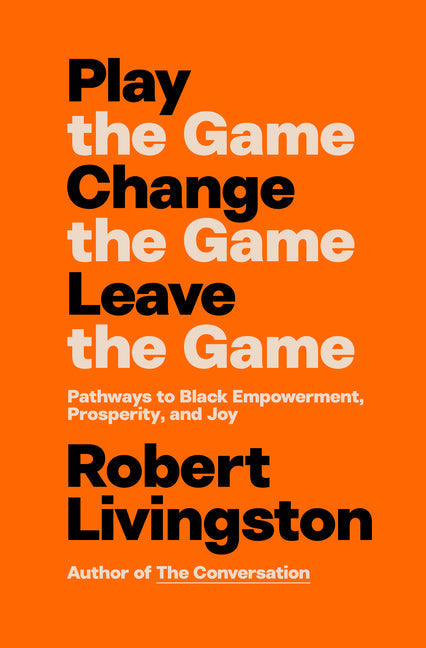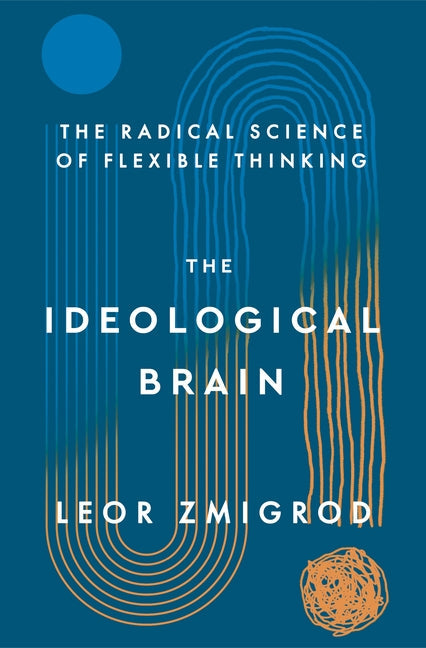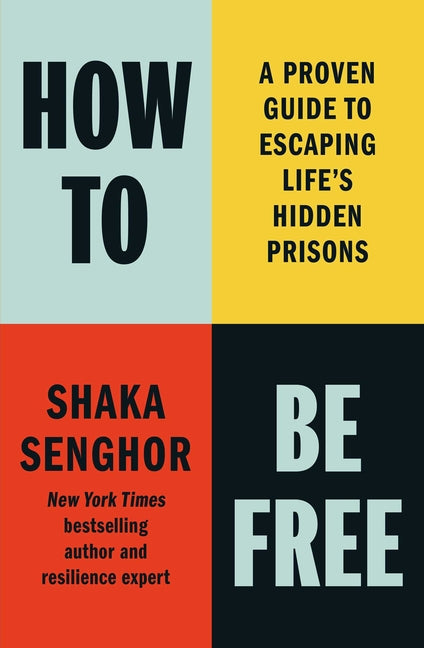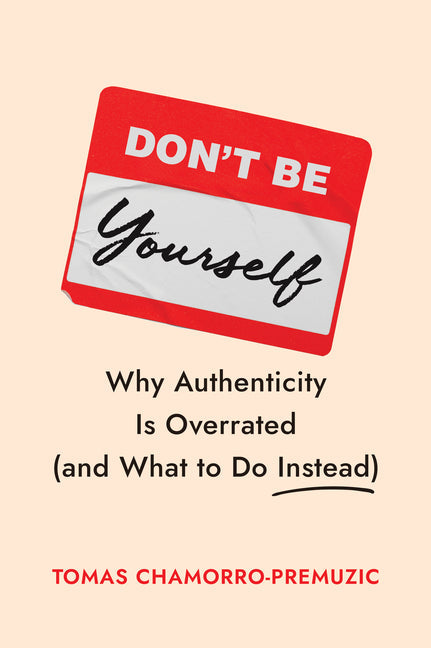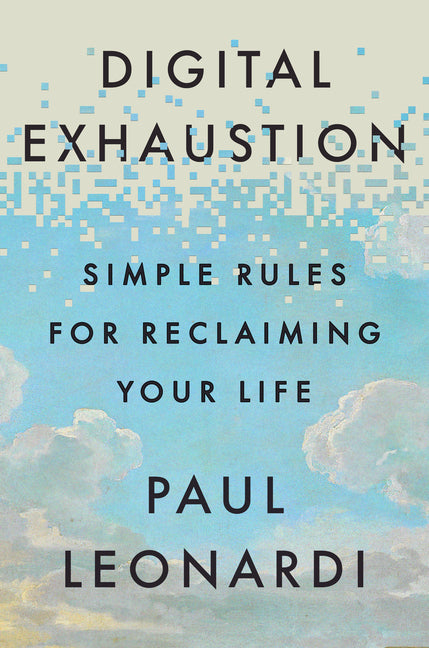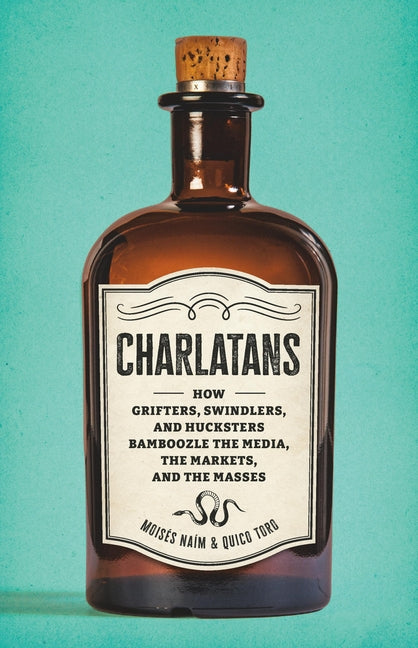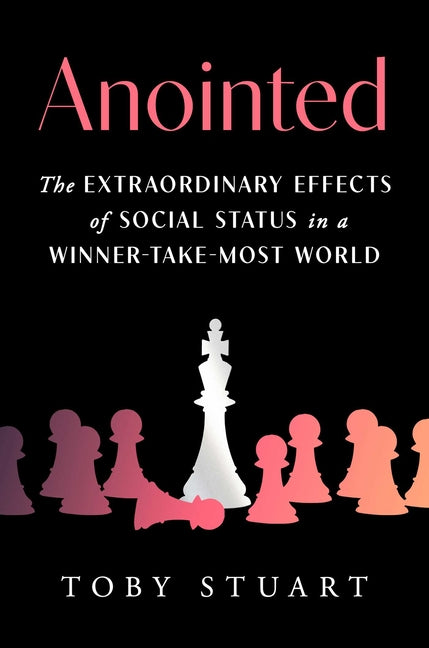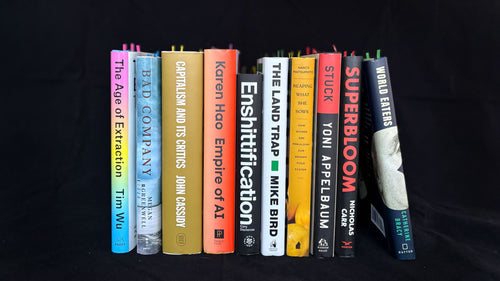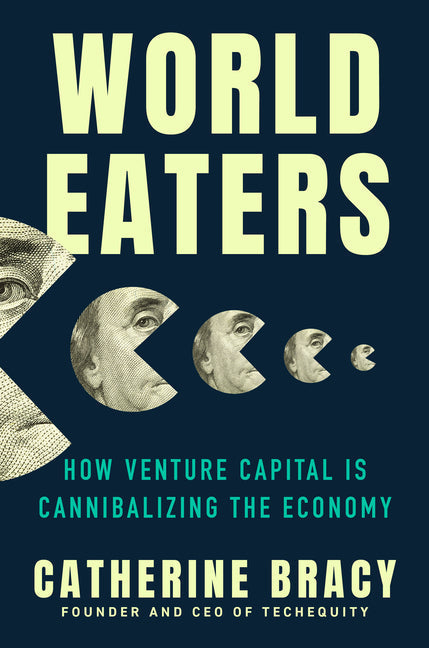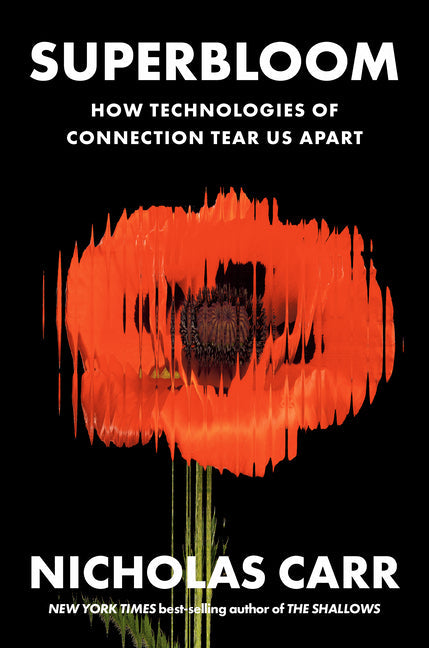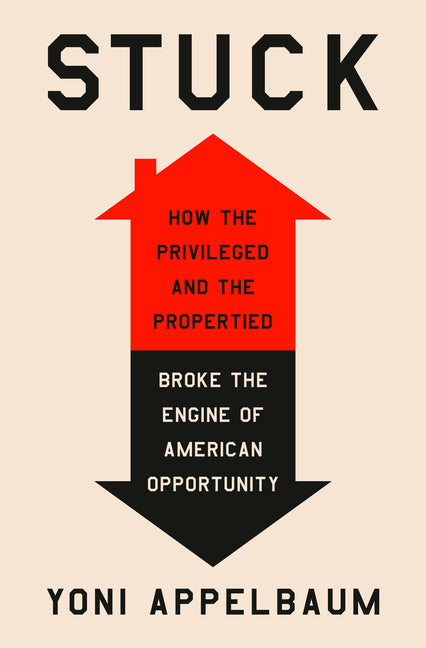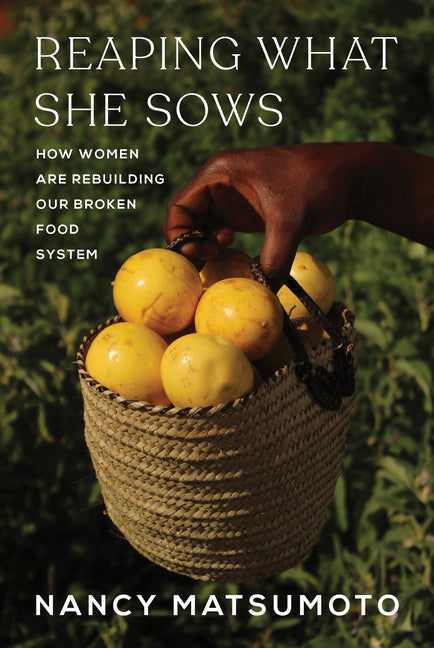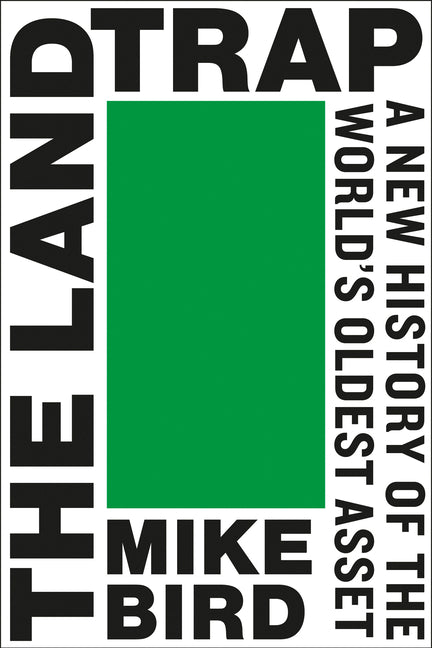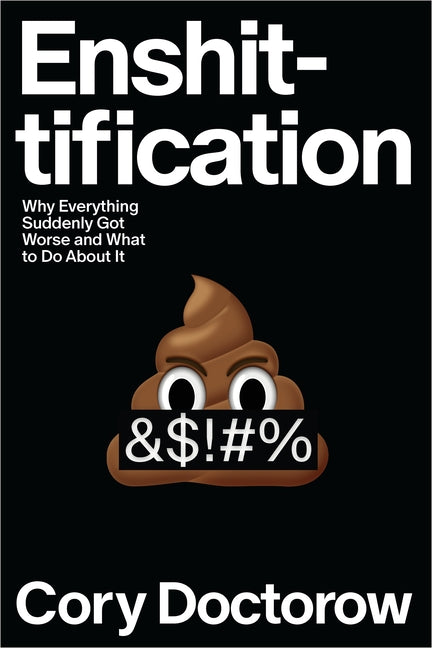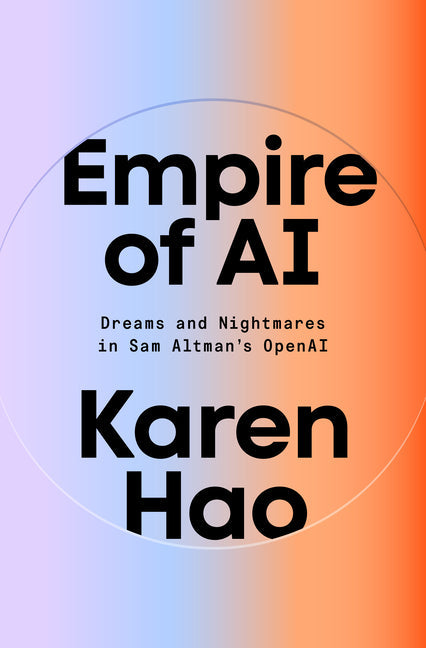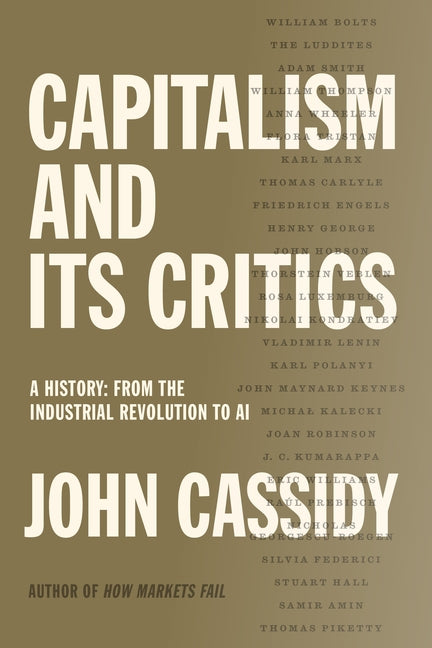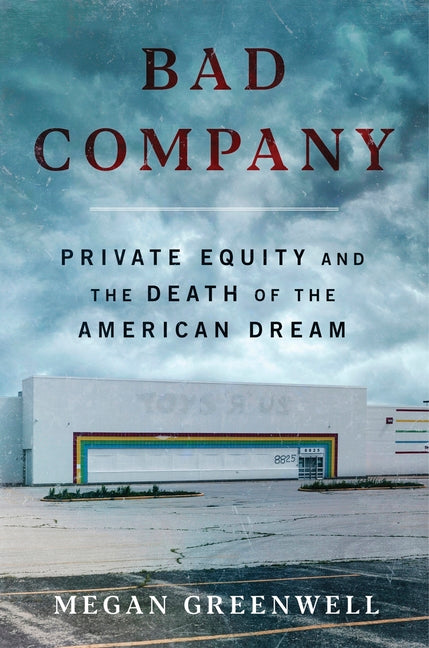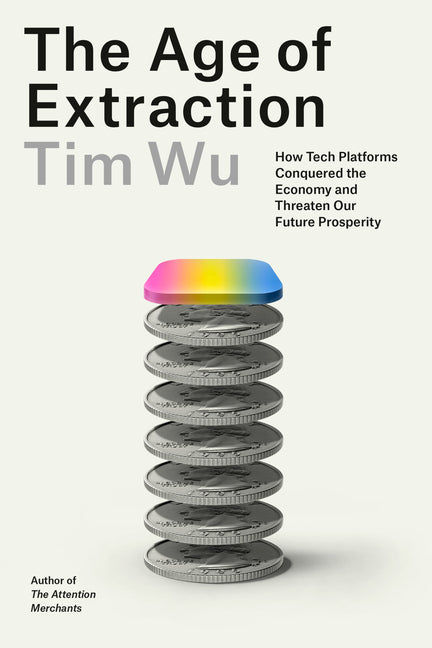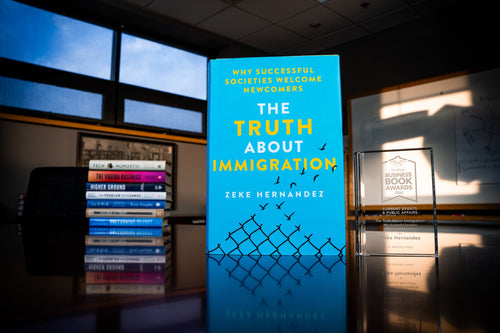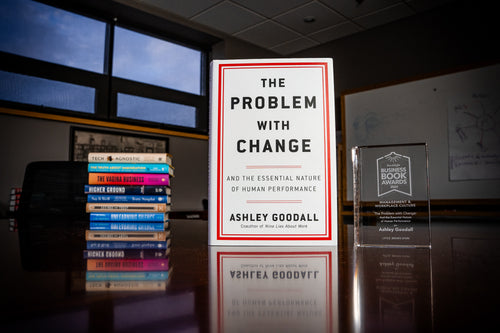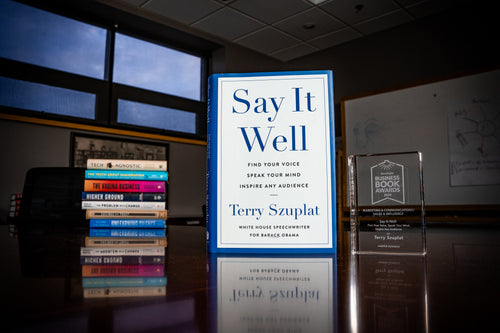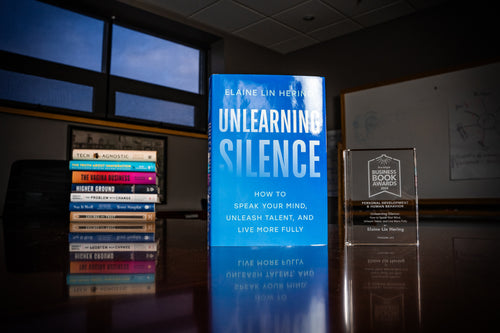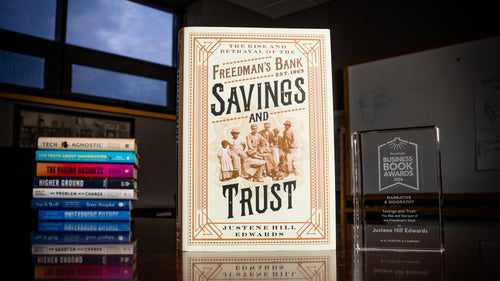Shine Bright | An Excerpt from the 2022 Porchlight Narrative & Biography Book of the Year
Danyel Smith's Shine Bright tells the story of the Dixie Cups, of Dionne Warwick and Cissy Houston, of Leontyne Price and Linda “Peaches” Greene, of Janet Jackson and Mariah Carey, and of so many more Black women whose intelligence, talent, and drive made the music that has created so much of American pop culture. Interweaved with those stories, she also relates the struggles and successes of her own life and career, which saw her rise to become the first Black and first woman editor in chief of Vibe. It is a mind-bogglingly ambitious formula, and Smith pulls it off with aplomb. It is also a solid business book—about an individual career and about an industry that has not done well historically by those who create the product that produces the wealth, about the women who have defined the culture, and one woman who has covered their triumphs.
The following excerpt is from the book's Intro.
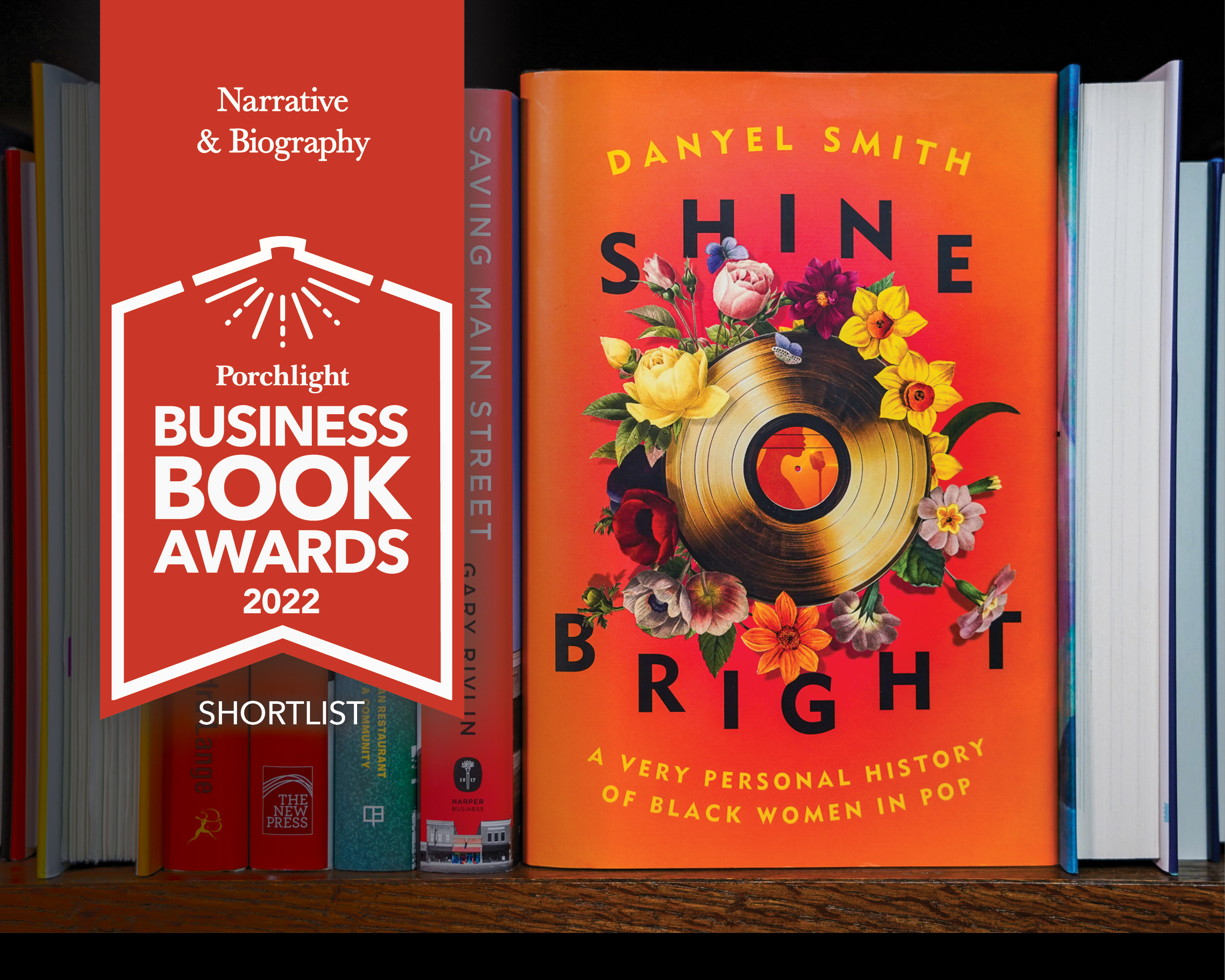
In 1989, Lee Hildebrand assigned me my first paid story—a live review of Natalie Cole, who was playing Oakland’s Paramount Theatre. I don’t know if Lee knew I was Betty’s niece. That I recall, he never spoke to me about her. But in a town as small as Oakland when Oakland was a Black city, it would be odd if he didn’t know. It also seems like Lee, a culture reporter in love with nuance, might know that our family of groups of sisters was not as close as it could seem. My sister worked the counter at Reid’s in Berkeley when she was in her early twenties. We were roommates at that time, and I never visited her there.
When I called my mother about the Cole job, she was like, “That’s great! How much are they paying you?” I had to call Lee back to inquire. At the time I was ringing up Clinique at Saks Fifth Avenue in San Francisco. Second job was working at a nonprofit serving youth parolees. I’d dropped out of UC Berkeley. My sister was a part-time counselor at a Head Start day camp. We were on and off food stamps. We had cute boyfriends, talked our way into nightclubs, and knew all the dope dealers. We got our nails done at hood-ass MacArthur-Broadway mall. Got guys to drive us to the City for no gas money. Once, we stole a refrigerator. We figured shit out.
But Raquel and I had few plans beyond next month’s rent and groceries. We didn’t even talk about having or not having plans or goals—that’s how free we were. That’s how indigo deep we were into a long post-high-school era, aswirl as it was in our blues, sandalwood incense, and survival. That’s how broke we were. That’s how little we had to lose.
I would have drowned without Sade’s “When Am I Going to Make a Living.” Without sweet bitters from Vesta (who died alone in a hotel room of a bona fide enlarged heart), without Anita Baker’s tenacious middle- class optimism about love. Caron Wheeler of Soul II Soul advised us to keep on moving. Don’t stop, she sang in 1989, like the hands of time.
The Natalie Cole assignment was a beacon, though. My life was shining back at me from the future. Not so long after the show, the girl with the ashy knees and a key on a chain around her neck became music editor of SF Weekly. Then a weekly columnist for the San Francisco Bay Guardian, and a monthly columnist at Spin. In a new marriage, I moved to New York to be rhythm and blues editor at Billboard, and to escape both the warmth and the cold comforts of the city I was born in.
I loved Oakland. I wrote some for the Black-owned Oakland Post, but they had very little money. The Oakland Tribune had no interest in me. And neither did the San Francisco Chronicle. In my untrained way, I had tried to “be a journalist.” But I had no bachelor’s degree. No journalism school. No network. No friends in high or even medium places. No internship at a proper daily or local television station. No member ship in the National Association of Black Journalists. I truly just did not know how to act.
I was a music-and-culture writer. A hip-hop specialist when the mainstream was skeptical at best and hostile at worst to the art form. If Bill Adler— then Run-DMC’s publicist—had not recommended me for the Billboard job, my come-up would have been even more nontraditional.
And while there, I also started reviewing shows and albums—from Tina Turner to Ice Cube to Neil Diamond to Kenneth “Babyface” Edmonds—for The New York Times. Then started work as the second music editor at Vibe, and the first Black one. To say I “became” editor in chief of Vibe in 1994—and the first woman and the first Black person to have the job, and the first woman to run a national music magazine—is a criminal abbreviation. And I mostly trained myself. Editing people’s term papers for money, learning nonfiction writing from Dr. Charles Muscatine, blasting Janet Jackson’s “Miss You Much” at obscene volumes while crossing the old Bay Bridge, stomping on a San Francisco pier to Public Enemy’s “Can’t Truss It”—it all prepared me well for heading the premiere hip-hop and culture magazine of the 1990s and 2000s. I was a journalist. I had been journaling since childhood. I performed fearlessness from memory. I led genius teams. I wrote my ass off. I was everywhere. I loved it. It wore me out.
The girl who created The 5th Grade Daily Arrow (that one handwritten edition), who was page-two editor of her junior high school newspaper, The Far & Near, and photography editor of her high school yearbook, went on to become an editor at large at Time Inc., and then editor in chief of Vibe again, editor of Billboard magazine, and a senior editor of culture at ESPN.
I wrote two novels, both published by Random House. I’ve written for everyone from The New York Times Magazine to Rolling Stone to Essence to Elle. I have been to over a thousand live musical events. I haven’t paid for music since I was twenty-five. I didn’t just edit a magazine that relentlessly covered Death Row Records. I knew boys who are in San Quentin State Prison as we speak. On death row. Boys who have been there since before Natalie Cole played the Paramount that night. I knew girls who rode and, in the crossfire, died.
I didn’t have my BA or MFA in hand until I was in my late thirties. Like so many of us, I bounced between achievement and self-stigmatizing sadness. Imposter syndrome and impulsive bravery. I’ve lost months at a time, even years or more, to rigorously planned self-sabotage, and the
ensuing self-beatdowns.
I’ve loved and supported men who loved and resented me. I “knew too much.” “Talked too much.” I had “a golden touch.” My life was “easy.” Why wasn’t I thinner? You quietly ain’t shit. Please come back. You make me feel like less of a man. You’re the only one I really respect. You don’t need me. You’re going to die alone.
I was fortified by songs like Erykah Badu’s “Next Lifetime,” Mary J. Blige’s “Seven Days,” and Janet Jackson’s “I Get Lonely.” When Badu sings (and co-writes), See, it ain’t nothing wrong with dreaming, she’s talking about a guy she longs for. She’s also, in this most luminous of her songs, naming the whole of my creative life. I’m weeping right now, reading this aloud to my husband of sixteen years. It can still seem like I’m doing too much when I talk about myself. When more truly, I am rarely doing enough. Shine Bright is the name of this book. It is also a mission statement, and a command.
“Ten cents a word,” Lee Hildebrand said when I finally called him back, asking about a fee. It was 1988. His voice left no room for negotiation.
I turned up the volume on Cole’s second album, 1976’s Natalie.
I was on my way.
Excerpted from Shine Bright: A Very Personal History of Black Women in Pop.
Copyright © 2022 by Danyel Smith. All rights reserved.
ABOUT THE AUTHOR
Danyel Smith is a media creative, television producer, and author. She was most recently senior producer and editor for ESPN's The Undefeated. Prior to ESPN, Smith was a John S. Knight Journalism Fellow at Stanford, where she cofounded HRDCVR-an innovative hardcover culture magazine. In addition to writing for Elle, ESPN The Magazine, NPR, The New Yorker, Condé Nast Media Group, The New York Times, and many other media organizations, Danyel has served as editor of Billboard, editor-at-large at Time Inc, and as editor-in-chief of Vibe. She is the author of two novels, More Like Wrestling and Bliss. She lives in Los Angeles.

